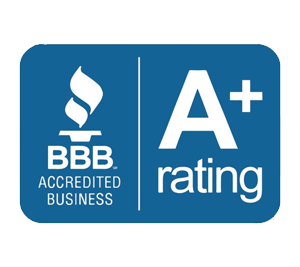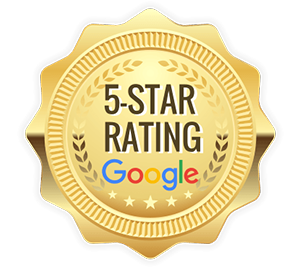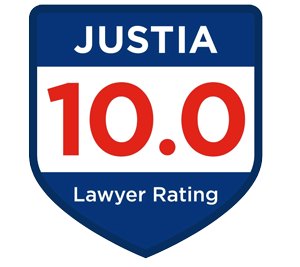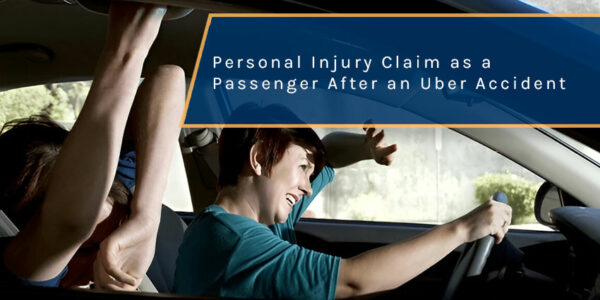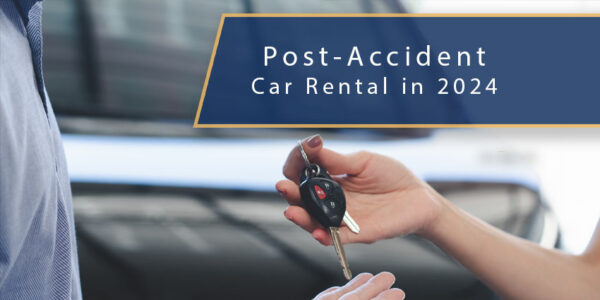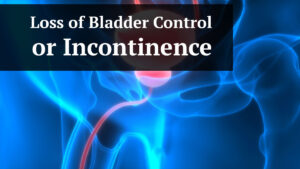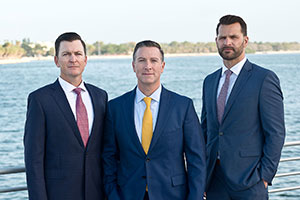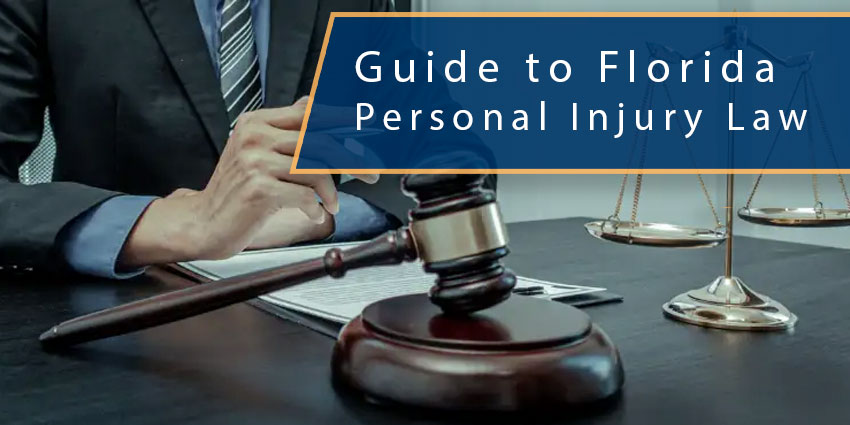
After a serious accident, there are always questions about what you should do, who you should contact, what compensation you are entitled to, and how you pay for all the unexpected expenses that are piling up. In this article, we will provide you with answers to some frequently asked questions. Here are some facts you should know:
1. Personal Injury Cases Rarely Go to Trial
In the US, only about 5% of all personal injury cases go to trial. This means 95% of personal injury cases are settled through negotiations between the parties, with or without legal representation. Going to court is usually only necessary when the liability for the accident is disputed or the negligent party refuses to pay a fair sum for the injured person’s losses. Having an attorney represent you can be invaluable, as they will collect all relevant evidence, communicate with the insurance company or other party’s attorney, provide guidance on whether any settlement offer is fair, and advise you on whether you should take your case to trial.
2. Florida Is a No-Fault State, but You May Still Be Able to Recover Compensation From the Negligent Driver
There are two elements that you should know and understand about “who pays for what” when it comes to personal injury cases arising from an auto accident in Florida. First, Florida is a “no-fault” state. This means that all drivers are required to carry an auto insurance policy with personal injury protection (PIP) coverage of at least $10,000. In the event of an accident, each driver would first go to their insurance company to file a claim against the PIP coverage, regardless of fault.
If your injuries were serious, as defined by state law, then you can pursue a liability claim against the at-fault driver. State law defines a serious injury as an injury that resulted in one or more of the following:
· significant and permanent loss of an important bodily function
· permanent injury, within a reasonable degree of medical probability
· significant and permanent scarring or disfigurement, or
· death.
If your injuries meet this definition, you’re not limited to making a PIP claim under your own policy. You can hold the at-fault driver responsible for the accident via a third-party car insurance claim or personal injury lawsuit, and you can pursue compensation for non-economic losses, like pain and suffering.
The second element that comes into play is Florida’s comparative negligence rule. If your injuries meet the criteria to be categorized as a ‘serious injury’, and you wish to file a claim against the negligent party, the compensation you are entitled to is reduced by the amount that is equal to your percentage of fault for the accident.
Scenario: You filed a claim with the other driver’s insurance company for serious injuries sustained in a car accident. Both drivers were found to be liable for the accident. It was determined that you were 20% at fault, and the other driver, 80%. You were awarded $100,000 in compensation. Due to the comparative negligence rule, that amount was reduced by 20%, and you received $80,000.
3. Your Family May Be Entitled to Receive Compensation for Loss of Consortium
After a traumatic accident, your injuries may limit your ability to provide your family with the same level of love, support, affection, or companionship that you did prior to the accident. Your family member may be able to recover compensation for damages they suffered as a result of your injuries by filing a claim for loss of consortium. Loss of consortium refers to the deprivation of the benefits of married life or parenting. For spouses, loss of consortium also includes deprivation of their sexual relationship. Although claims for “loss of consortium” are usually brought by the injured person’s spouse, other close family members, such as parents or children, may also be able to claim the same. When this happens, your spouse, children, or parent can recover damages for the loss of consortium.
Loss of consortium is a form of noneconomic damages and there are no set rules for calculating general damages. However, for a loss of consortium claim, the court will likely consider the following:
· Whether the marriage involved a stable, loving relationship
· The spouses’ living arrangements
· The amount of care and companionship the spouse received
· The spouses’ individual life expectancies
Scenario: Steve was hit by a reckless driver and sustained significant back and neck injuries and is paralyzed below the waist. This tragedy is compounded by the fact that Steve recently got married and he and his wife were planning to start a family right away. Due to the injuries he sustained as a result of the negligent driver, Steve is not able to have children. Steve and his wife’s sexual relationship and their plan to have kids have been affected by the accident. In the scenario, Steve may be able to recover damages for his fractured spine from the at-fault driver, and his wife could claim damages for the loss of consortium.
4. In Some Situations, You May Be Able to Recover Punitive Damages
In Florida, recovering punitive damages from a personal injury matter is not common. To be awarded punitive damages, the plaintiff must prove that the defendant’s actions were intentional, malicious, and grossly negligent. If the Court awards punitive damages, it does so with the hope that it will make the defendant, and others, think twice before acting in the same manner again.
Florida law does, however, limit the amount that may be awarded for punitive damages to $500,000 or up to three times the compensatory damages, whichever is greater. These punitive damages can then be used by the plaintiff to cover additional medical bills, hospital expenses, and any property damage, among others.
Successfully handling a personal injury case requires extensive knowledge of Florida laws and how to apply them properly for each unique situation.
Contact a Personal Injury Attorney Today
If you or a loved one has been injured in an accident, then you should take the appropriate steps to ensure you receive the compensation you deserve. Contact a trusted, respectable personal injury attorney today.
For over 60 years our firm has been successfully helping people who have been injured due to someone else’s carelessness. We have been nationally ranked for decades by US News and World Reports as a Tier 1 law firm, which is the highest rank that can be received. Sean McQuaid and Jonathon Douglas have dedicated their careers to continuing the firm’s legacy of superior legal representation.
Remember that we never charge a fee unless we win. Call us today so that we may answer your questions, help you navigate the complexities of insurance claims, and recover the compensation that you deserve.
We work hard to make sure each and every client gets the attention that they deserve. We appreciate feedback from our clients and reviews are validation of our work.
Every 5-star review that we receive lets us know that our services were appreciated by our clients.




